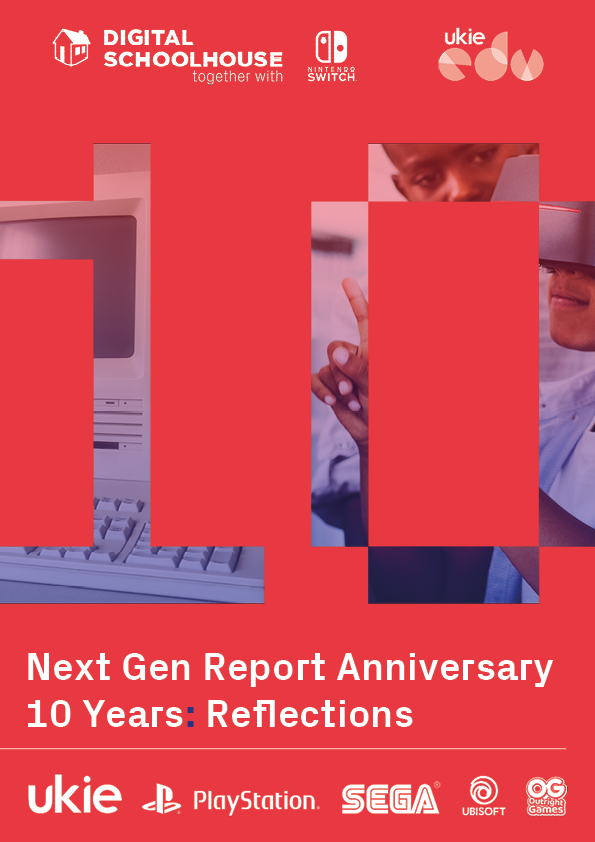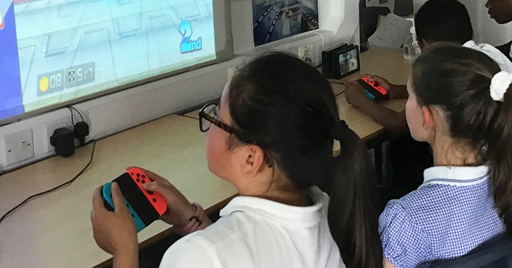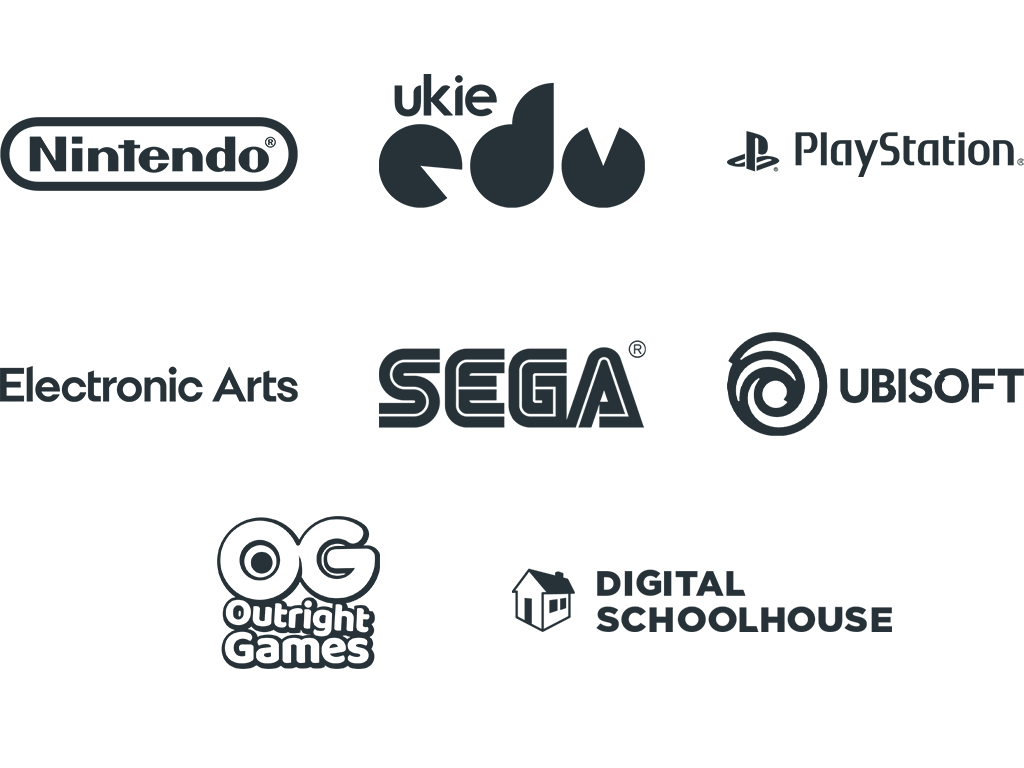
What has changed since the Next Gen Report was released 10 years ago?
10 years ago the Next Gen Report was released. 10 years ago, I was still teaching in the classroom, busy trying to convince my senior leadership team that the ICT curriculum we were teaching our students bore no relevance to their lives today and tomorrow. It had little impact and wasn’t providing them with the skills they needed in a growing technological society. It was the reason why our GCSE numbers were declining. So, when the Next Gen Report was released, I was quite literally dancing for joy. Here was an official report from professionals in the industry, a report that government and headteachers would listen to. It was saying all those things that I had already identified as issues in the classroom.
The Next Gen Report triggered a transformational change so huge that it was the biggest shakeup faced in the history of computing education in this country.
Discover the changes our teachers have experienced in the last decade.
As a result of growing pressure from educators and industry professionals alike, the UK government announced the disbanding of the legacy ICT curriculum and announced a new computing curriculum. This was incredible news, brilliant even, and exactly what we needed; however, it wasn’t without its challenges. We were set to introduce computer science concepts for the first time to five-year-olds and upwards. As a country, did our teachers have the expertise and confidence they needed to deliver it? The answer is no. Over wo thirds of teachers did not have the skillset needed to teach the subject, or the confidence (and in some cases motivation) to do so. The challenge we’d set ourselves was indeed aspirational, and not an easy one to achieve. But we had high hopes, and a goal to bring high quality computing education equally to all students. Then began a decade long effort to upskill and inspire a nation of teachers.
This wasn’t just about knowledge and skills; this was also about confidence and motivation. About ensuring teachers understood the importance of what was happening and allowing them the time and resources to enable them to get on board. This was also about the confidence and motivation of our students. Helping them to see the relevance of the subject in their everyday lives; to be inspired by it, to see a place and role for it in their future.
It's 10 years later and are we there? Have we achieved our goals? Are we a nation that provides equal access to high quality and world leading computing education for all our students? Possibly not. At least, not yet. When you look at the number of entrants to computing GCSE and related courses, or the uneven quality and range of devices that students get to use, unequal access to extra-curricular and careers related opportunities or simply the range in quality of in-class provision; then we have not yet achieved our goal.
We have come a long way since; and we are certainly on the right path. The DfE spent £80m funding the creation of the National Centre for Computing Education which has sought to upskill thousands of teachers across the country. Likewise, industry has also played its part. Through the funding of scholarships, creation of new apprenticeship standards, the programmes such as Digital Schoolhouse, a greater breadth of enrichment opportunities and a new openness to engage with educators. There has never been so much resource available to help upskill, inspire and motivate a nation of teachers and students.
Together we’ve helped shift the tide in people’s perceptions of computing and careers within the video games industry, raised students’ confidence and career aspirations. Over the past 10 years we have achieved more than we imagined possible.
Is there more to do? Definitely! But that’s okay. We have learnt and accomplished so much over the past 10 years. It has been an exciting journey, and I’m just as excited about the future.
Read teacher reflections 10 years on.




